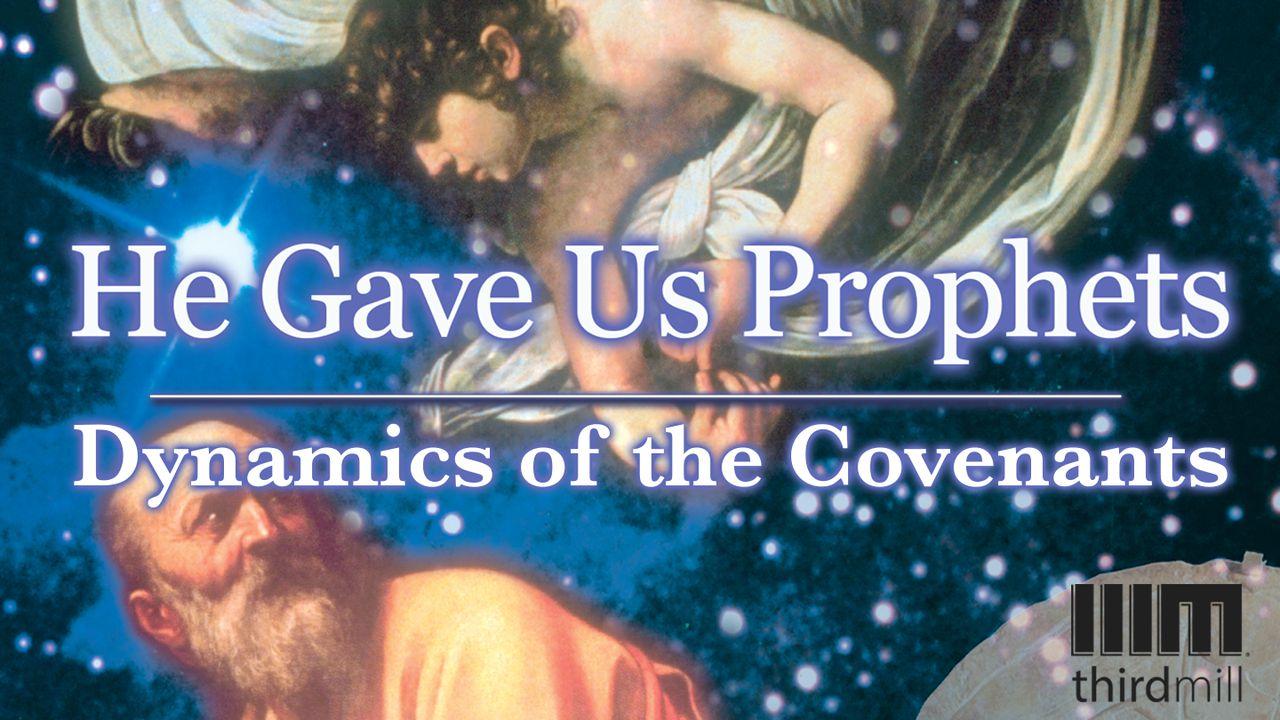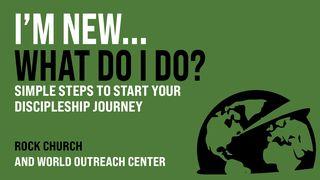He Gave Us Prophets: Dynamics Of The CovenantsSample

Components of Universal Covenants: Genesis 2:16-17
At least two components always appear in suzerain-vassal treaties. In the first place, Ancient Near Eastern treaties always affirmed the benevolence of the emperor toward his vassals. They declared the name of the great king and began with an historical account that enumerated all the great things the king had done for his people. Treaties were always based on the kindness of the emperor, and this theme of kindness from the emperor is true also in the Bible’s ideal of covenant. The center of every divine covenant in the Bible was God’s kindness toward His people.
There’s another element in the ideals of covenants that we must never forget, and that’s the element of human responsibility. Just like every suzerain-vassal treaty in the ancient world required loyalty from the subjects of the emperor, so it is that every single covenant in the Old Testament also required loyalty from the people of God. Now we always have to remember that the response of loyalty was always a response, a response to divine kindness — people did not earn their status before God. God established covenants with His people on the basis of His grace. But without exception, the ideals of the covenants always entail human responsibility — the requirement to live loyally before God.
At this point, we need to think about how each of these ideal elements enter into every Old Testament covenant. Old Testament prophets understood that God entered into five covenant relationships. He established covenants with all the nations of the earth through Adam and Noah. And then He called Israel into a special relationship through covenants with Abraham, Moses and David, as well as a future new covenant in the latter days after the exile.
Think for a moment about the covenant with Adam. In the days of Adam, God’s benevolence was displayed in the way He created the world for humanity. He took an uninhabitable, chaotic creation and shaped it into a wonderful garden in which humanity was to dwell. As we read in Genesis 1:2:
Now the earth was formless and empty, darkness was over the surface of the deep, and the spirit of God was hovering over the waters.
Then God made a paradise for His image and placed Adam and Eve within that paradise. This mercy was the basis upon which God entered into covenant with our first parents, Adam and Eve. At the same time, human responsibility was also required in the covenant ideal with Adam. God put Adam in the wonderful Garden of Eden, but He immediately set forth serious stipulations. In Genesis 2:16-17, we read these words:
You are free to eat from any tree in the garden; but you must not eat from the tree of the knowledge of good and evil, for when you eat of it you will surely die.
Even in paradise, the covenant ideal included not just the benevolence of God, but also the responsibility of the human race.
Click here to watch He Gave Us Prophets: Dynamics of the Covenants, lesson four in the series He Gave Us Prophets. thirdmill.org
Scripture
About this Plan

This reading plan explores covenant ideals, judgments and blessings.
More
We would like to thank Third Millennium Ministries for providing this plan. For more information, please visit: http://thirdmill.org/
Related Plans

Finding Your Way Back to God

Becoming Love: If We Start at Finish, Where Do We End? (Part 3)

Small Wonder: A Christmas Devotional Journey

Foundation First: Building Habits That Actually Last

Wake Up Your Faith

I'm New! What Do I Do?

2 Samuel 1-11:1: A King After God's Own Heart

Keeping Godly Relationships

Admonishment: Love’s Hard Conversation
